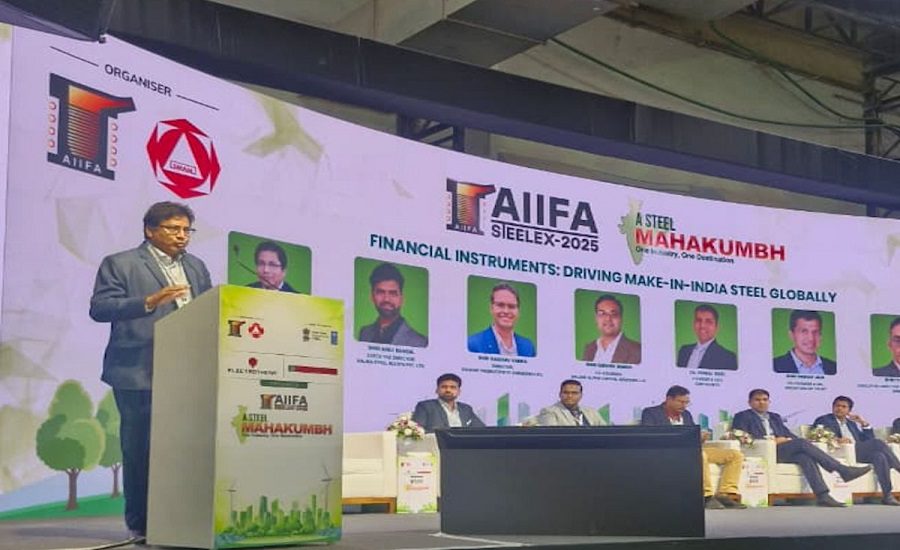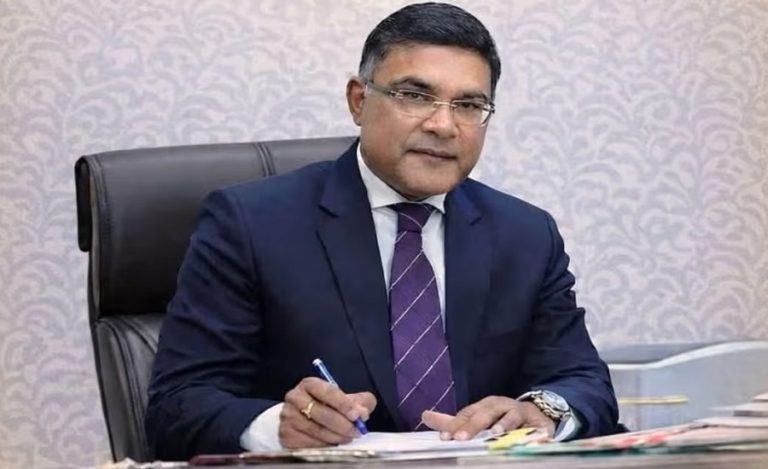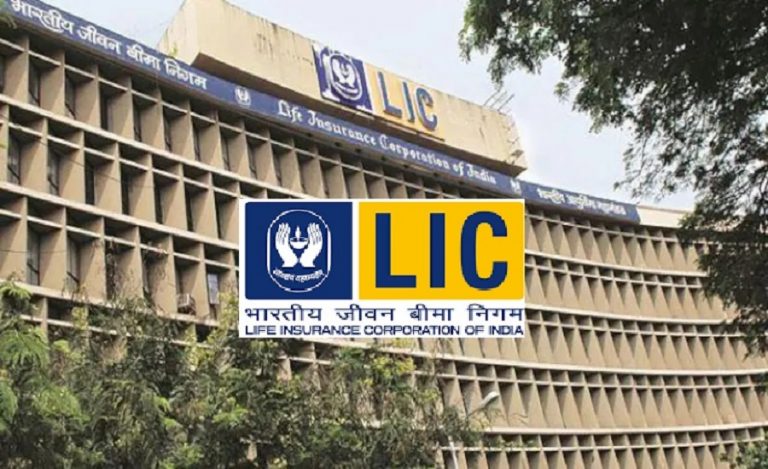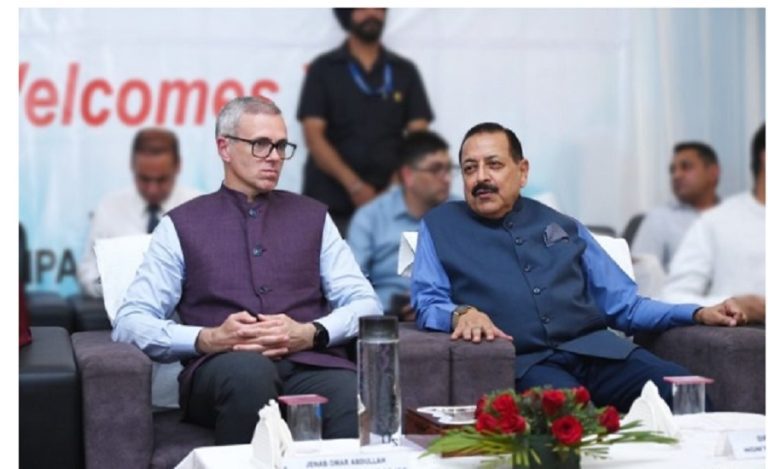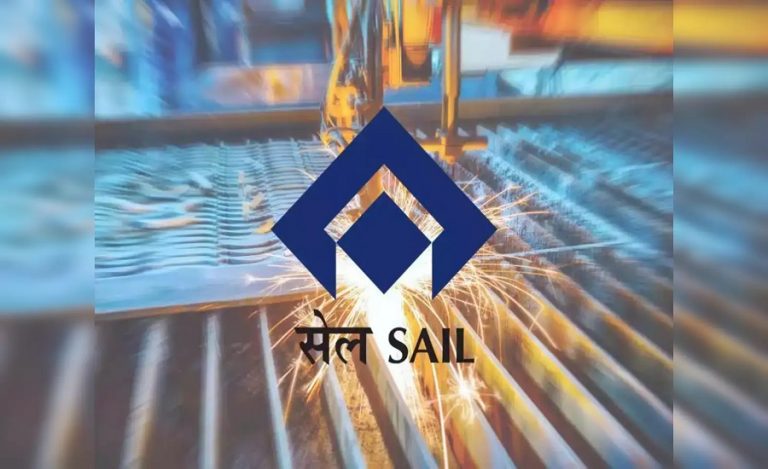Mumbai: Addressing a high-profile gathering of policymakers, industry stakeholders, and financiers, Mr. Pradip Kumar Das, Chairman and Managing Director of the Indian Renewable Energy Development Agency Ltd. (IREDA), called for an integrated approach to support India’s transition to green steel. He was speaking at the session titled “Financial Instruments: Driving Make-in-India Steel Globally” at India Steelex 2025 and the 37th National Conference on “Profitable Sustainability – Green Steel: A Future Ecosystem”, held at the Bombay Exhibition Centre.
Green Steel: A Multi-Pronged Strategy
Mr. Das began by emphasizing that the decarbonisation of India’s steel sector is critical not only for meeting climate targets but also for maintaining India’s global competitiveness. He outlined a four-pillar strategy for enabling green steel production in India:
- Renewable Energy
- Green Hydrogen
- Electric-Arc Furnaces (EAFs) using scrap metal
- Carbon Capture, Utilisation, and Storage (CCUS) technologies
“Green steel will not come from a single solution. It requires a combination of clean energy, advanced technologies, and financial innovation, all guided by robust policy frameworks,” Mr. Das stated.
Read also: Delhi’s India International Centre Gets 25 KLD Eco-Friendly STP Backed by IREDA CSR Initiative
Green Taxonomy: The Regulatory Backbone
A central part of Mr. Das’s message was the need for a well-defined Green Taxonomy in India. He stressed that clear regulatory definitions and benchmarks are essential to:
- Ensure statutory clarity for green investments
- Build investor confidence
- Guide the deployment of complex technologies like CCUS and energy efficiency upgrades
“A Green Taxonomy is the foundation on which the future of green finance and green steel must rest,” he said.
India’s Renewable Energy Momentum Fuels Optimism
Highlighting India’s rapid progress in the renewable energy sector, Mr. Das pointed out that as of August 2025, the country has achieved:
- 242 GW of renewable energy capacity
- A 50% non-fossil share in power generation
He also noted that India added 22 GW of renewable capacity in just the first five months of the current fiscal year — a testament to the accelerating pace of clean energy adoption.
He lauded Maharashtra’s leadership in renewable initiatives and praised national schemes like PM-KUSUM, which aims to solarise agriculture and strengthen rural clean energy infrastructure.
Private Sector at the Forefront, But Capital Needed at Scale
Mr. Das highlighted that approximately 80% of India’s renewable capacity has been developed by the private sector, underlining the crucial role of private investment. However, to scale up green steel and related technologies, substantial capital mobilisation is still needed.
To this end, he advocated for a suite of financial instruments, including:
- Concessional and blended finance
- Green bonds
- ESG-linked debt instruments
- Green public procurement policies
“These tools can help bridge the gap between emerging technologies and commercial viability,” he noted.
IREDA’s Role in De-Risking and Driving Clean Energy Finance
IREDA’s own track record was presented as a model of stable, governance-led financial stewardship. Mr. Das shared that over its 38 years of operations, IREDA has:
- Financed over ₹1.63 lakh crore in renewable energy and clean technology projects
- Maintained exceptionally low cumulative write-offs — just ~₹135 crore
“Our responsibility is to de-risk essential but emerging sectors—from green hydrogen and battery storage to solar manufacturing. India must not only adopt these technologies but also manufacture and export them globally,” he said.
Make-in-India Steel Must Be Known for Quality and Sustainability
In his closing remarks, Mr. Das reiterated that India’s steel sector must embrace a new identity on the world stage—not just as a high-volume producer but as a supplier of high-quality, sustainable steel.
“Make-in-India steel must shine globally—not only for volume, but for quality and sustainability,” he concluded.
The Road Ahead
The session brought into sharp focus the multifaceted efforts required to transition India’s steel sector toward sustainability. With strong leadership, aligned policy, innovative financial tools, and cutting-edge technologies, India has the potential to emerge as a global hub for green steel — contributing to both economic growth and climate resilience.
As global demand grows for low-carbon and responsibly produced materials, the synergy between policy, finance, and technology that Mr. Das advocates may well define the future of Indian industry.
About IREDA
Indian Renewable Energy Development Agency Ltd. (IREDA) is a Mini-Ratna (Category – I) Government of India Enterprise under the administrative control of the Ministry of New and Renewable Energy (MNRE). It plays a crucial role in financing and promoting renewable energy and energy efficiency projects across India.

